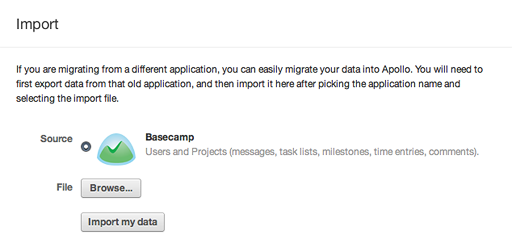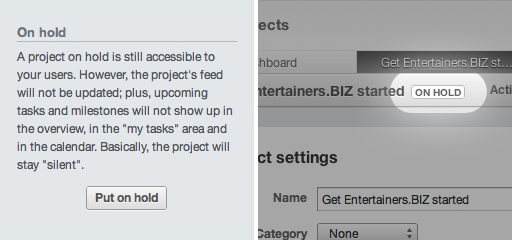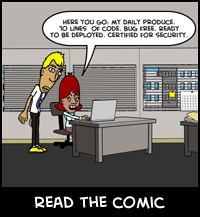Nobody seems to talk about the "war of the browsers" anymore. Let's go back in time: First Netscape won, then Internet Explorer won, and then Firefox arrived and got half the market back, while Safari got its sizeable slice, Opera always stuck at 2%, and now it's Google Chrome on the rising -- so, in the end, and thank goodness, nobody won.
Today, it's not about winning the war of the browsers: it's about winning the war to kill old browsers, which are seriously slowing innovation down to a crawl. As Apollo's developers, we know this very well: we battle problems with old browsers every day.
Chrome auto-updates itself. Pretty much every Chrome user is now using Chrome 8, regardless of their OS policy to software upgrades. Firefox is following Chrome's steps, doing an auto-update to its latest version automatically. Internet Explorer users, on the other hand, are less lucky: there are tons of IE 6 users, lots of IE7 and a small army of IE8 users. There are also people using old versions of Firefox, Safari or Opera (although they are a minority).
It's time to stop this. Here is my proposal.
Read more »




